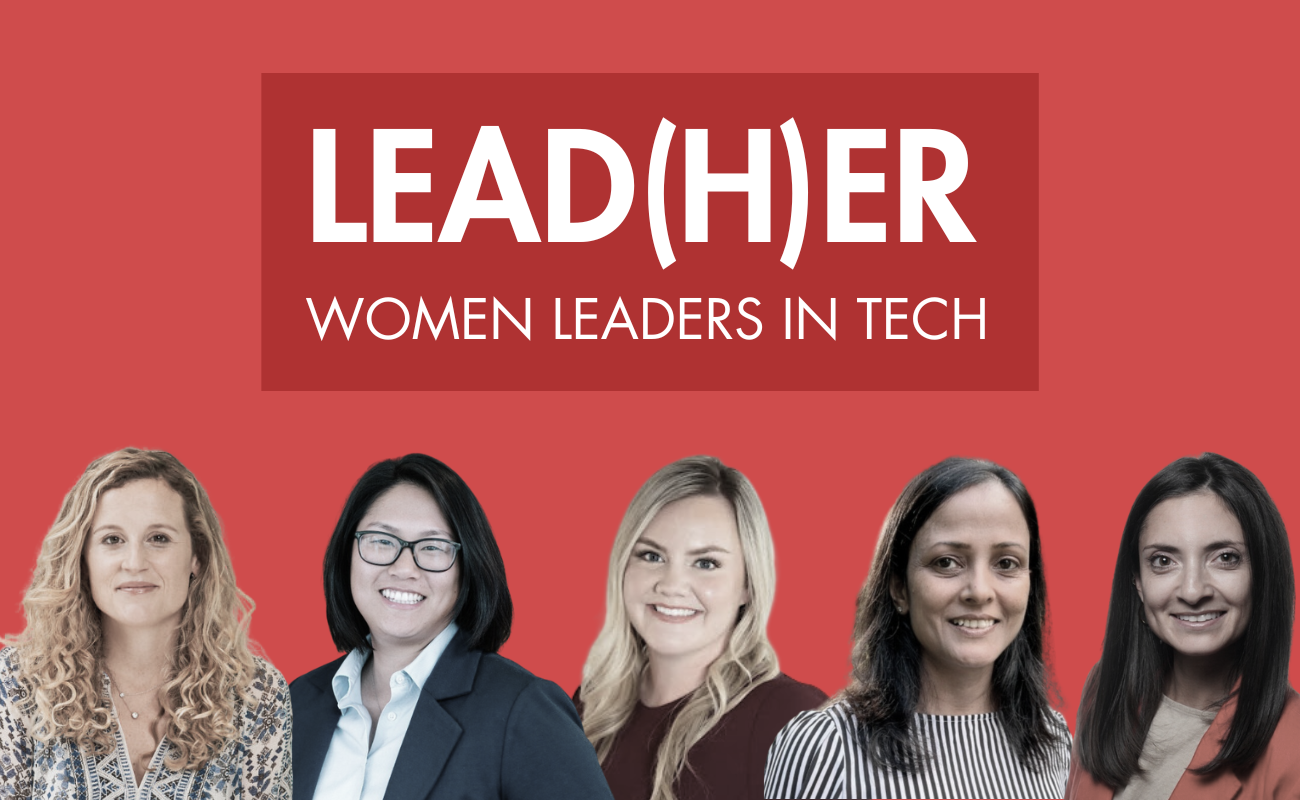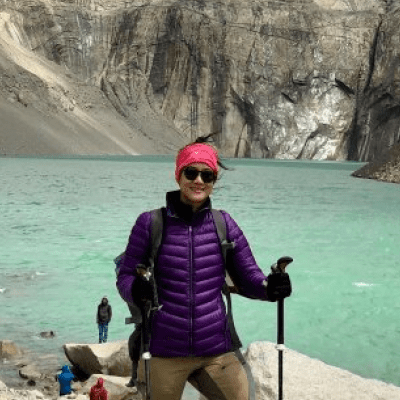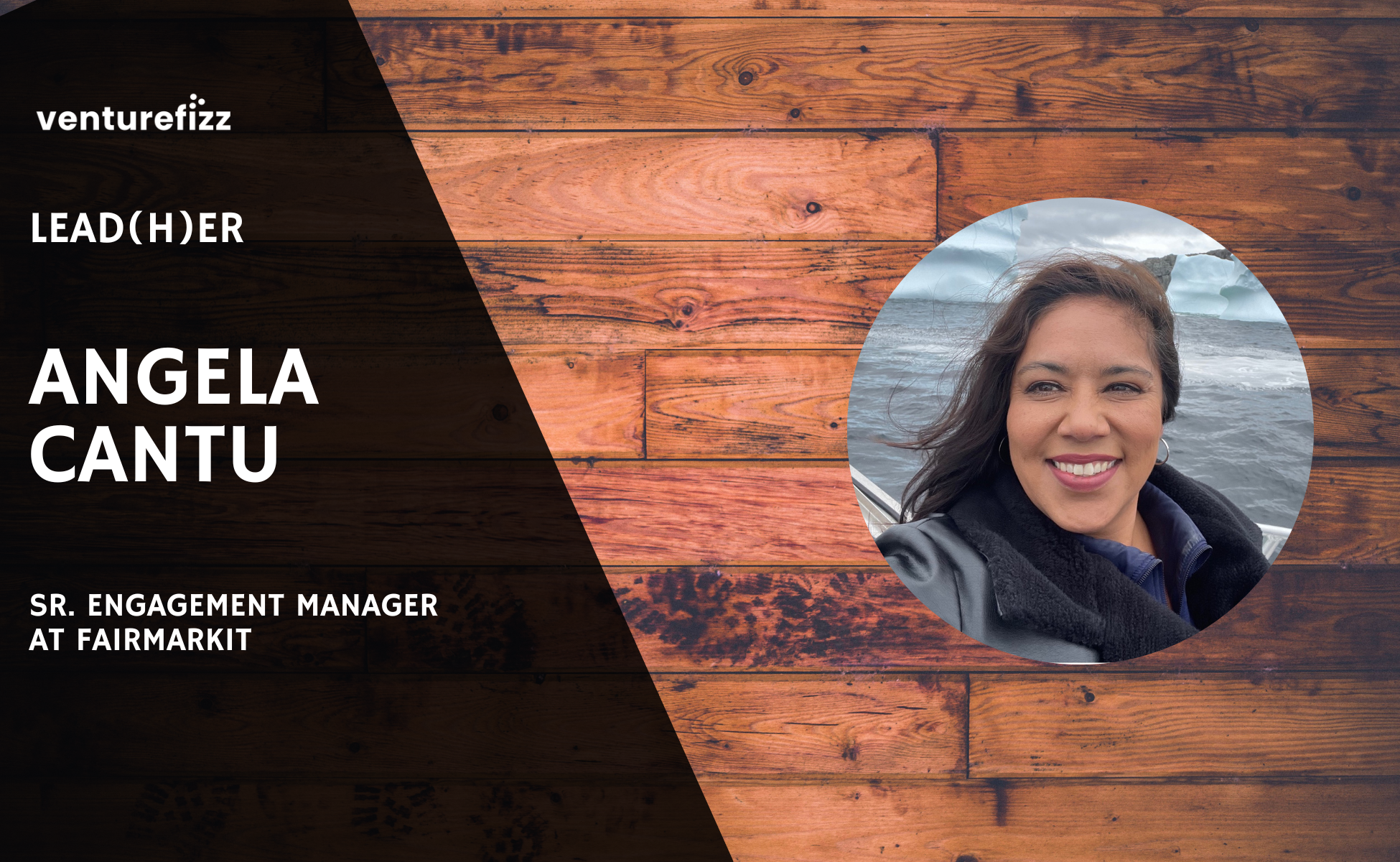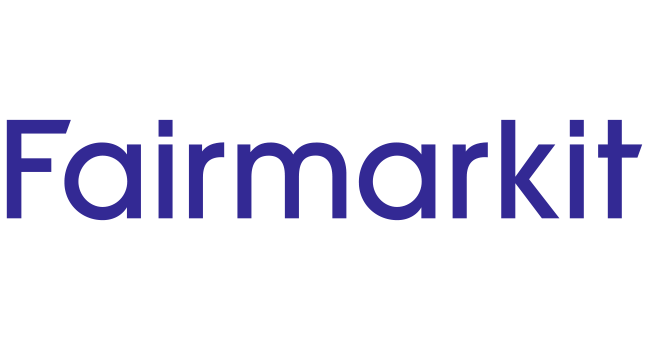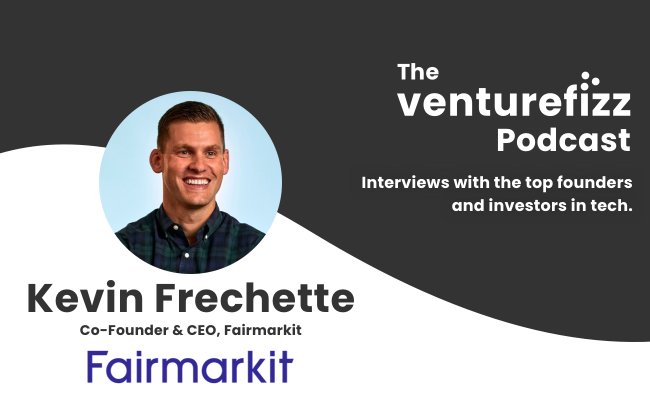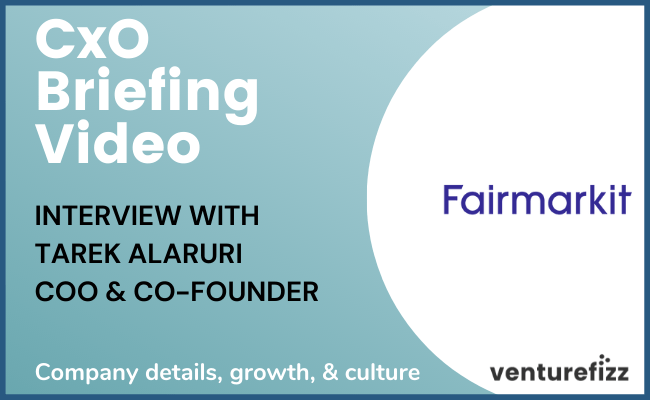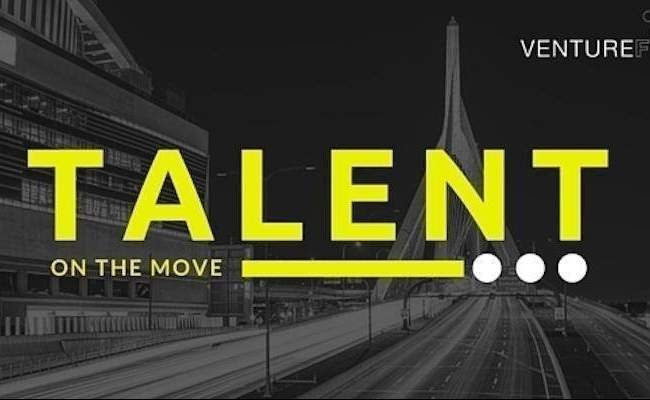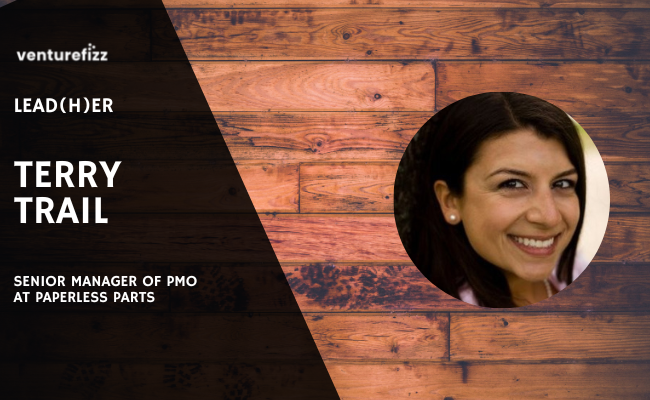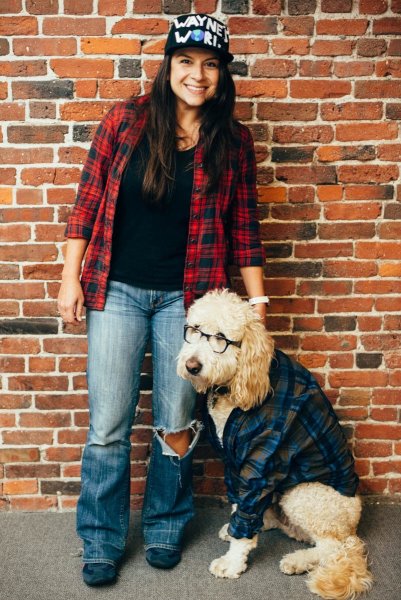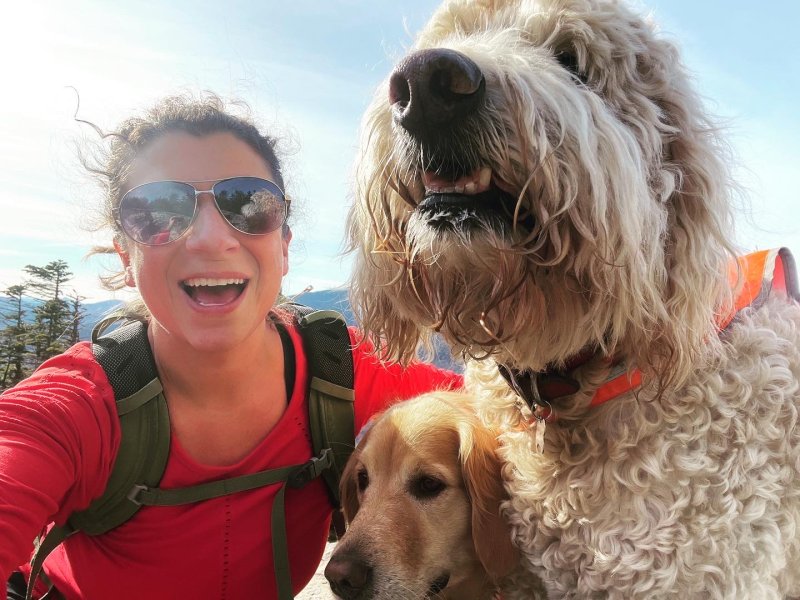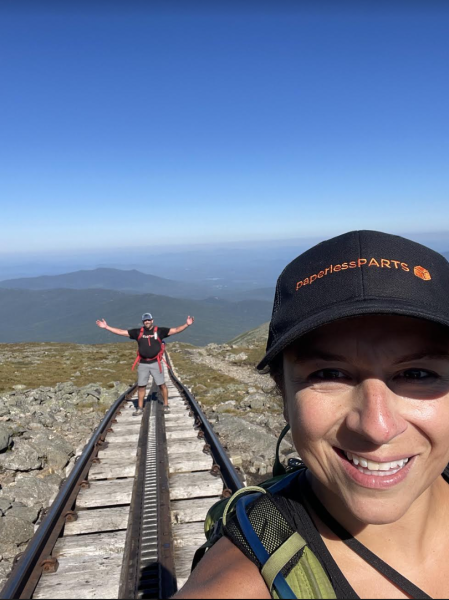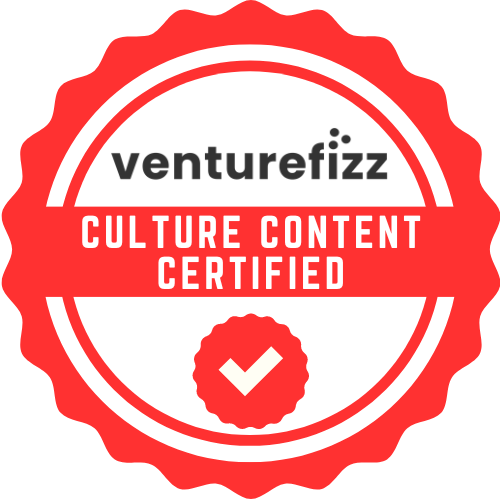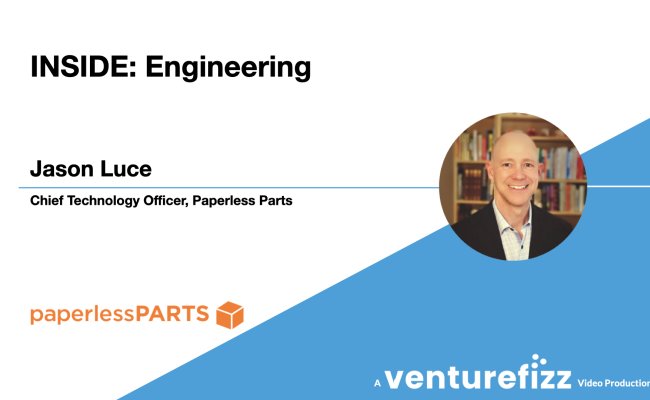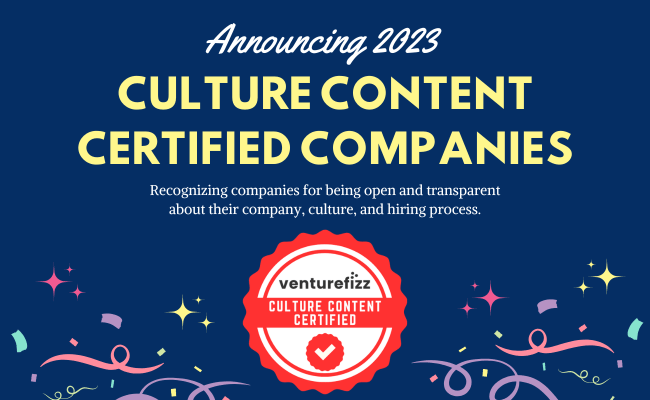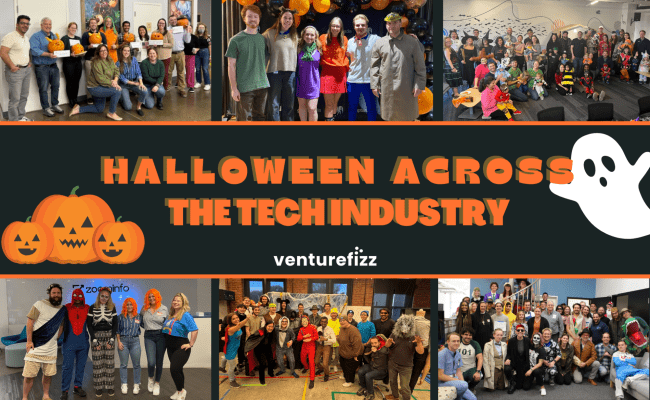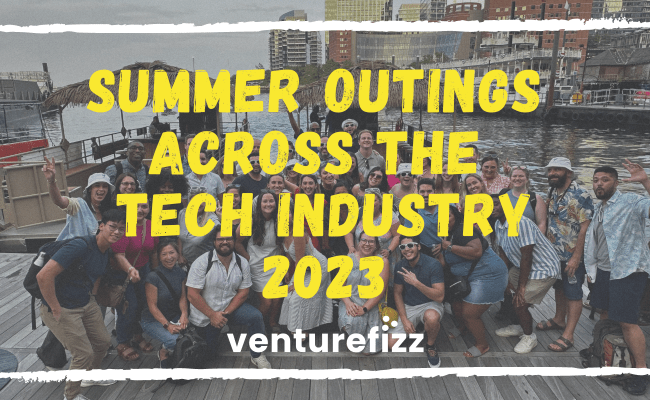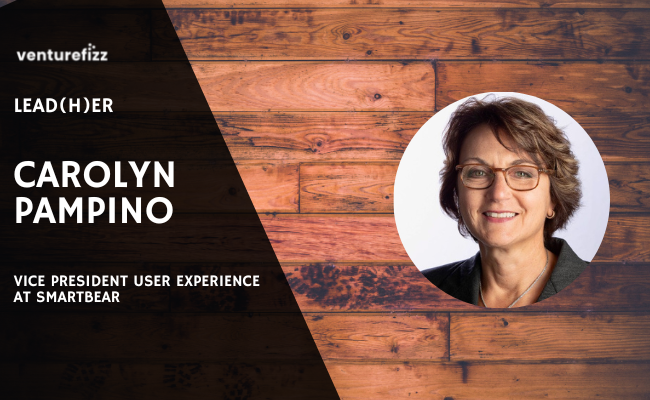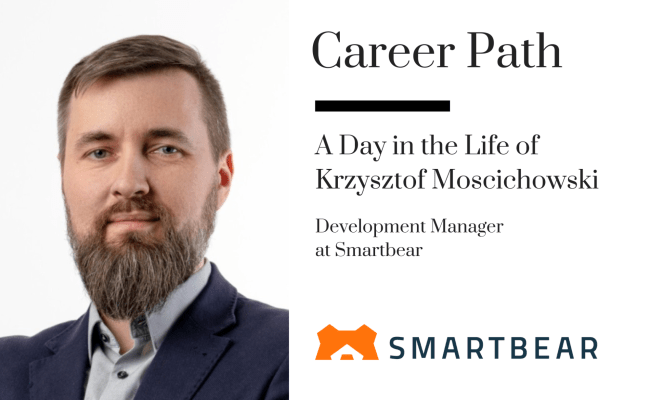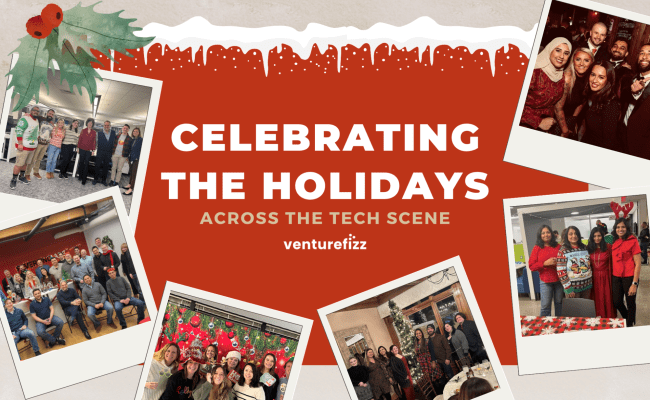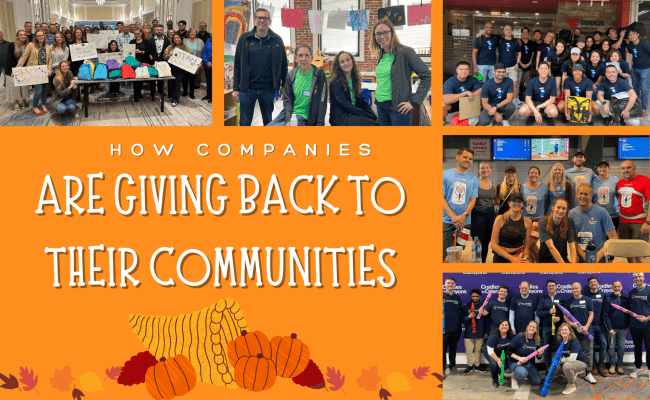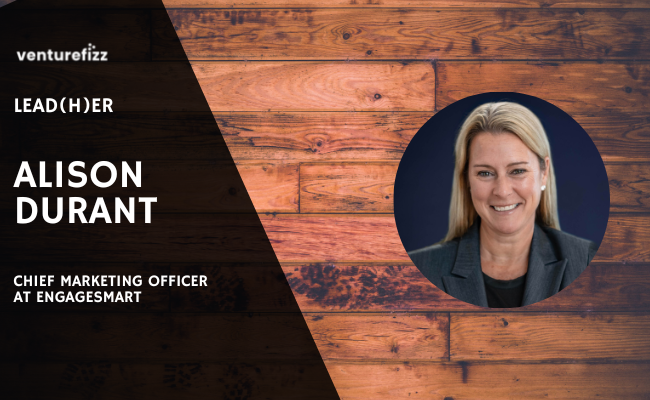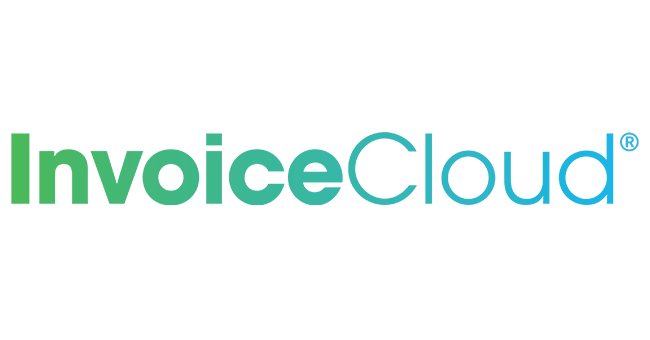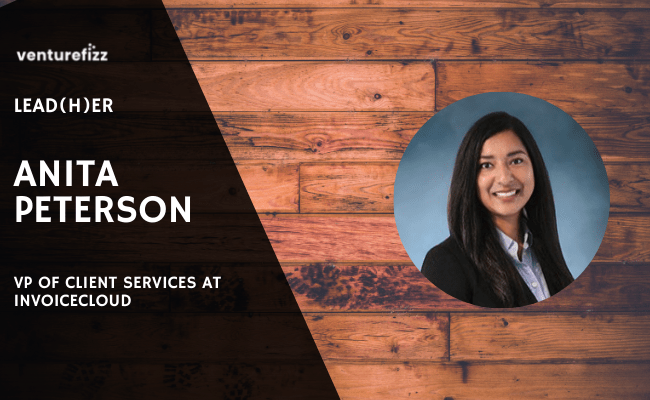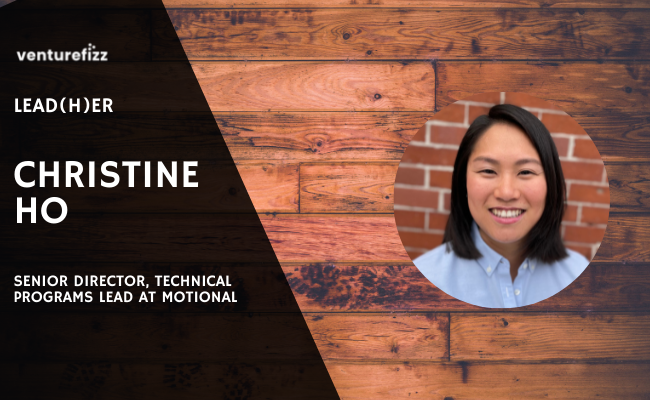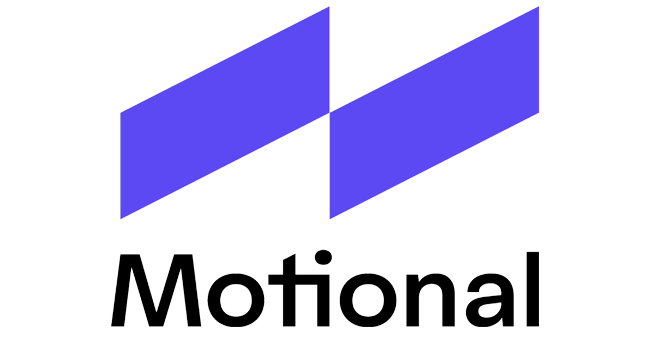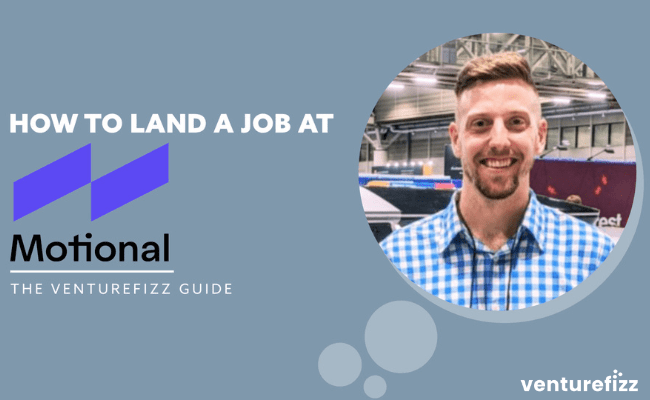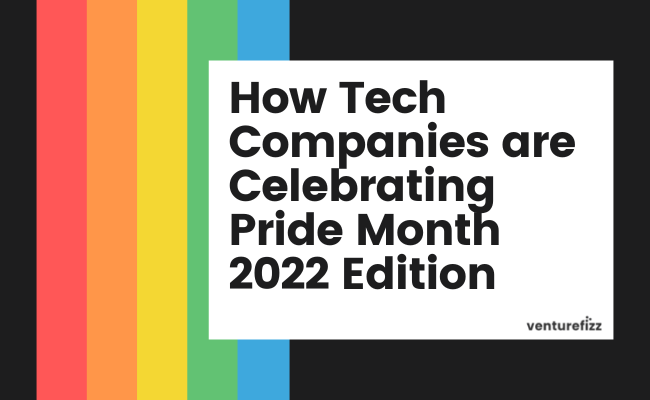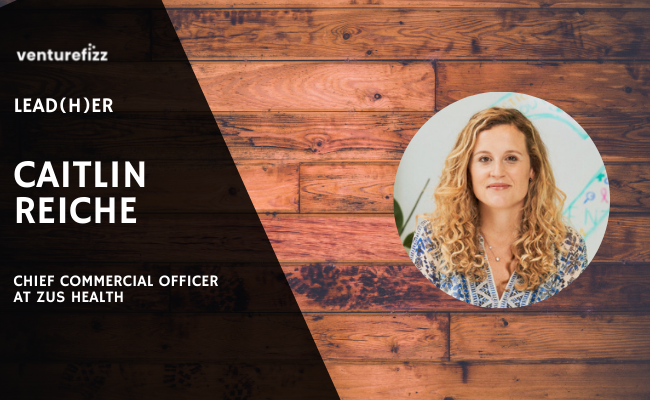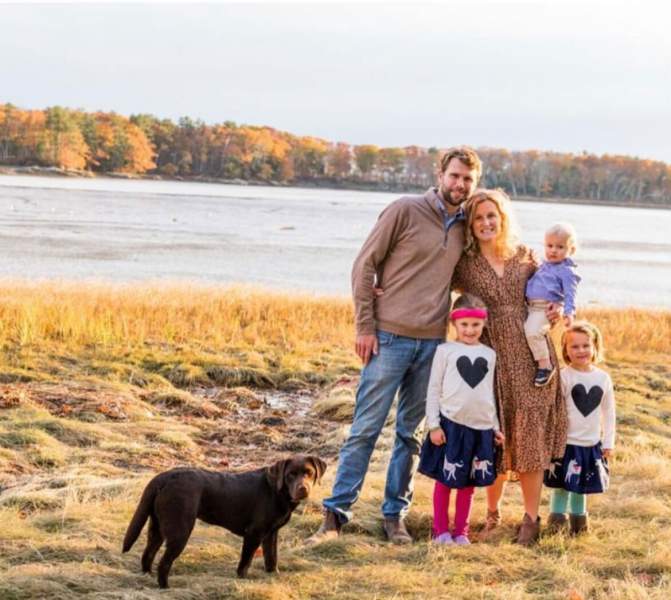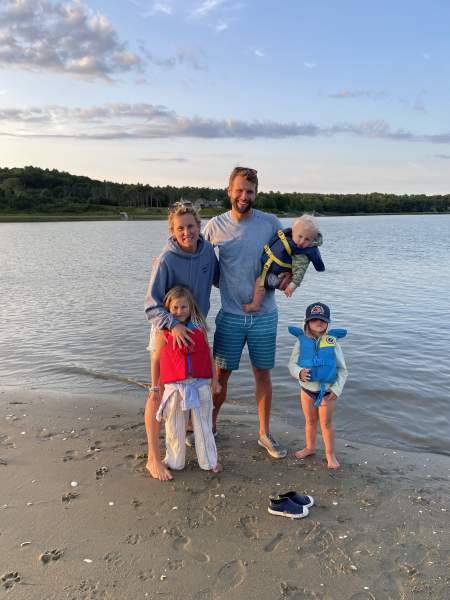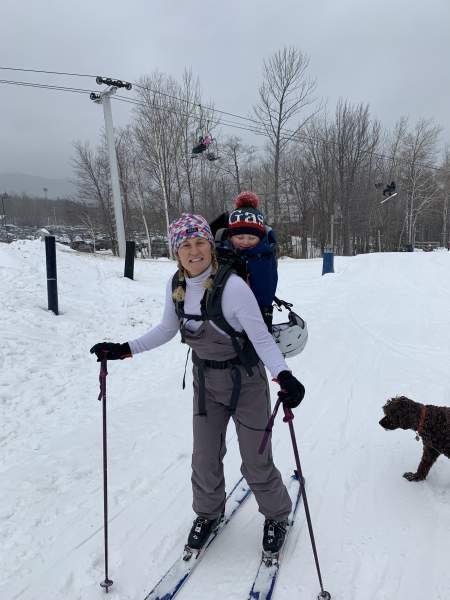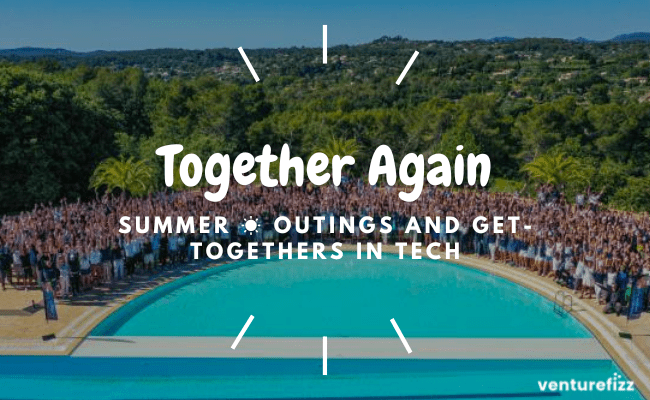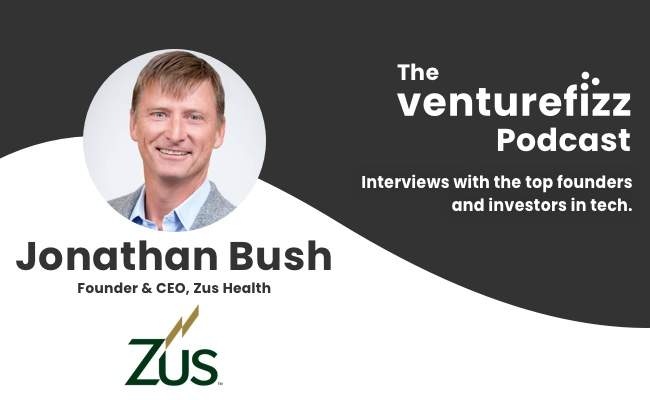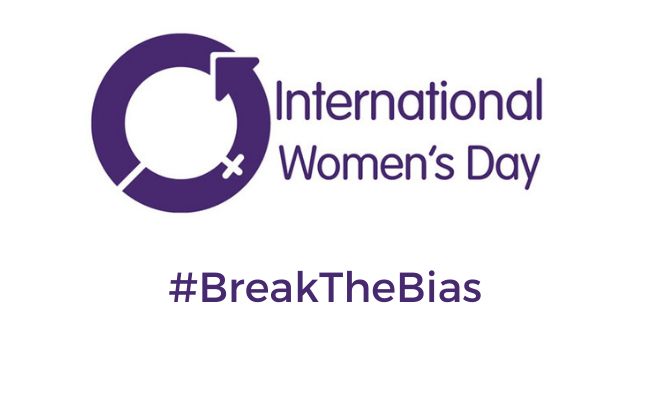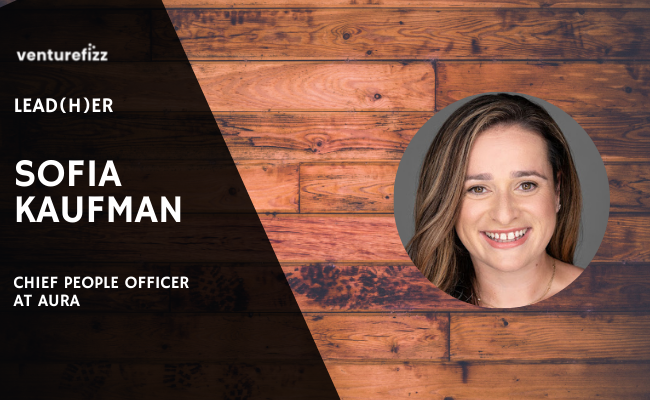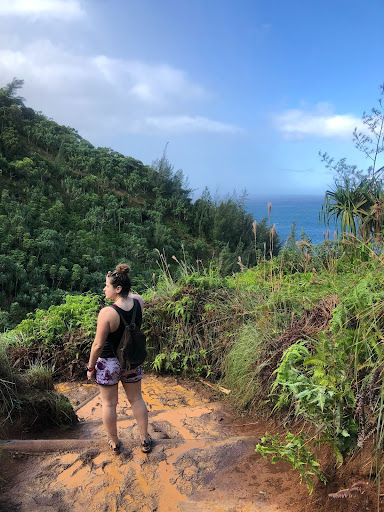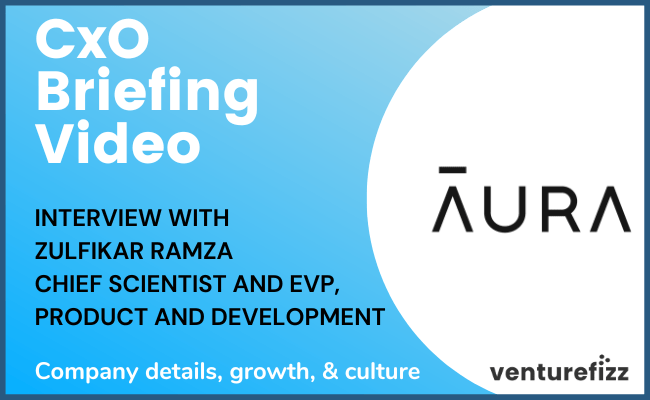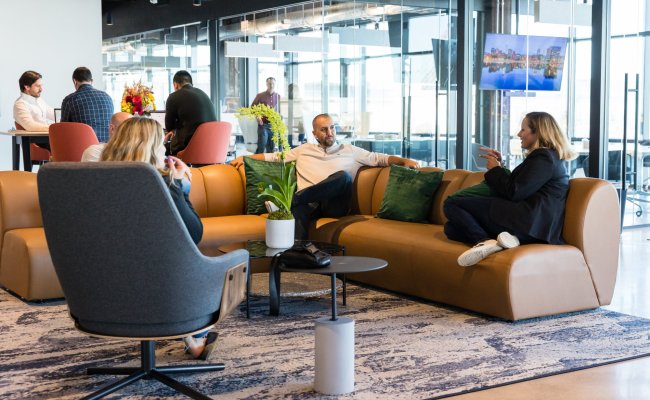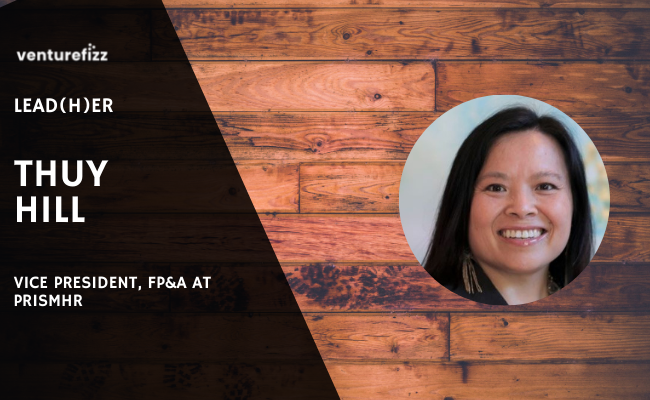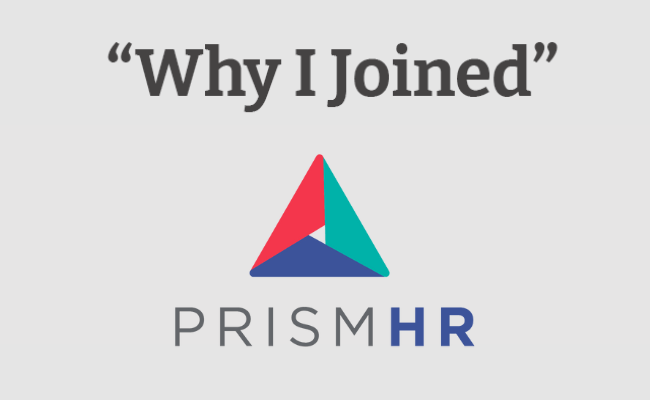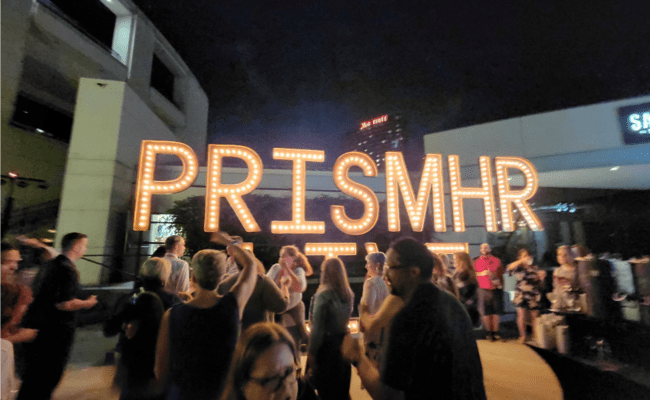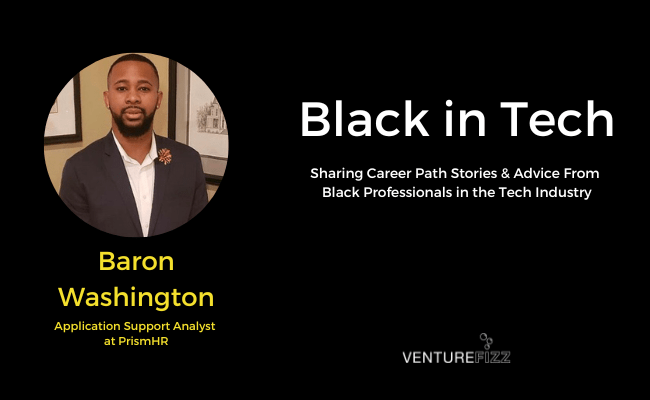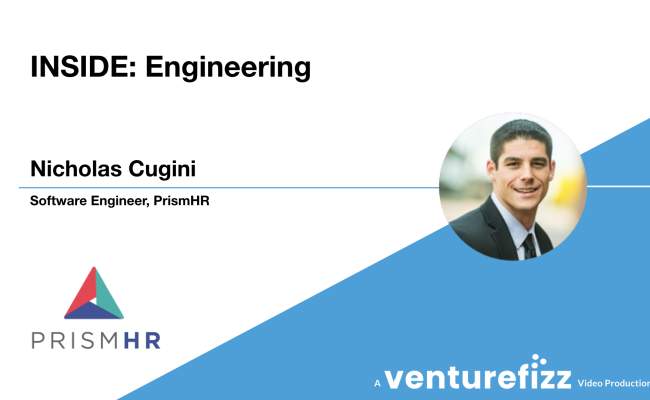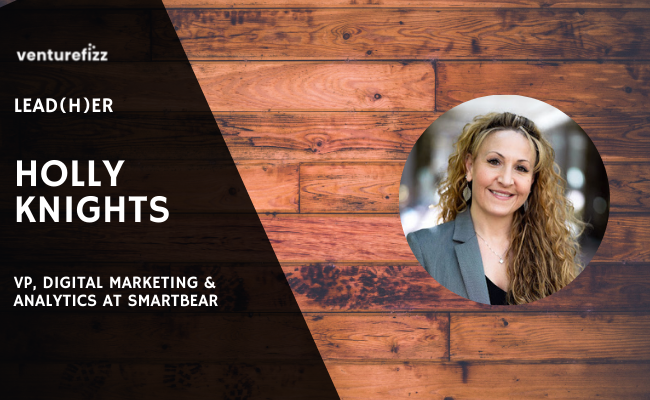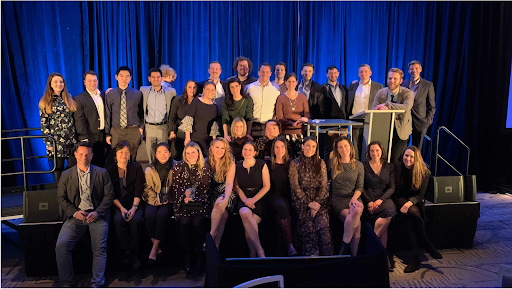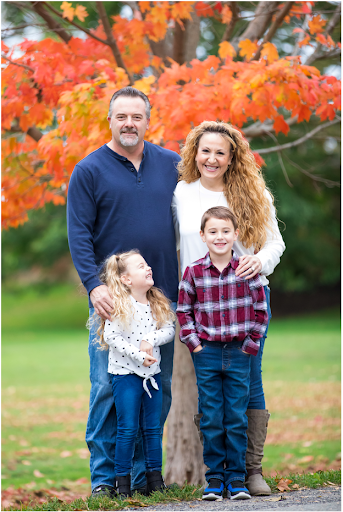Our Lead(H)er series features impressive women leaders in the tech industry. In this Q&A, we are featuring Angela Cantu, Sr. Engagement Manager at Fairmarkit.
Where did you grow up and how would you describe your childhood?
I was born and raised in Corpus Christi, TX. Home to Tejano music, country music, great Mexican food (especially home cooked) and culture. Corpus Christi was a good size city to grow up in, not too small where everyone knew everyone but not too big where you were lost in a sea of people. I was a quiet, well behaved, school focused child. I didn’t make trouble for my parents, my brothers did haha. So I was “the” good child.
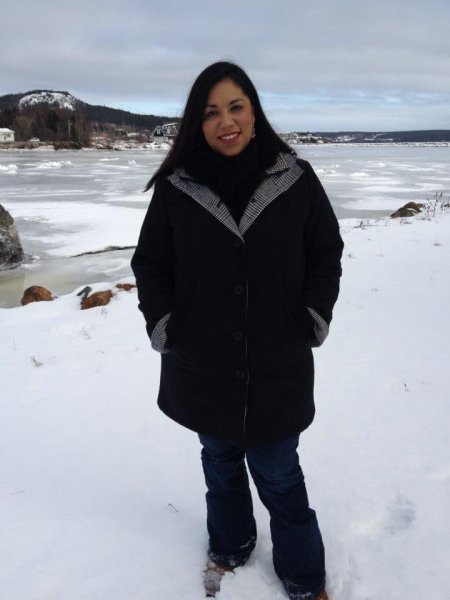
My parents divorced when I was eight and my mother shortly after met my stepdad, whom I call Dad because he raised me. From the moment they came together, they fought to make a better life for their children. My Mom and Dad didn’t have a biological child, but my brothers and I from the day we met him, were his children, end of story! Prior to my Mom meeting my Dad, I watched my mom and grandma go through a lot of adversity and overcome all of those challenges i.e. divorces and no financial support from the biological fathers. My grandma did get her nursing degree and worked two jobs to provide for her four daughters and today my mother has her Master’s degree, retired as a Pediatric RN with over 30+ years and is now an adjunct professor at Texas A&M Corpus Christi. Watching all the women in my family go through adversity and overcome obstacles made me the woman I am today.
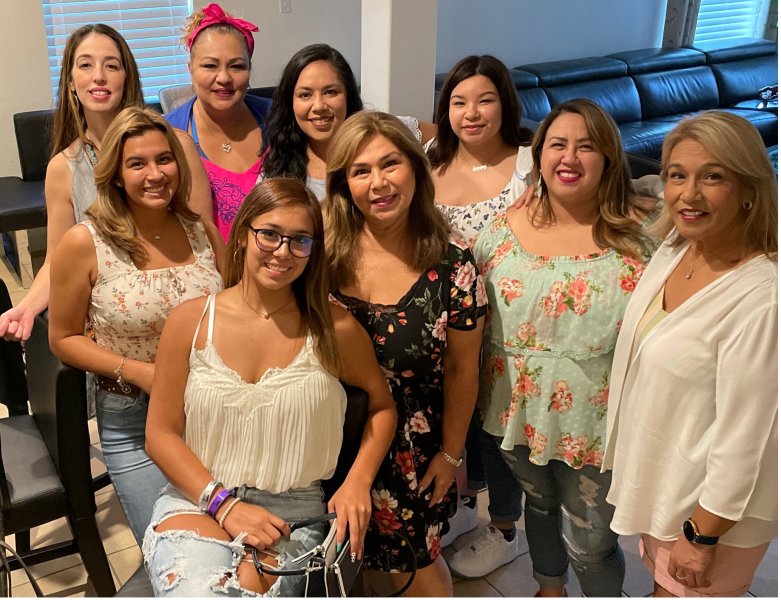
Can you share the details on your career path and what were the critical moments that got you to where you are today?
Interestingly enough, what got me where I am today is my daughter. I had my daughter at the age of 26, and I was not prepared to be a parent. At that time, I had gone through three different degree plans. I didn’t know what I wanted to be when I “grew up.”
At that time, I was a part-time college student at Texas A&M-Corpus Christi studying Communications and Public Relations and was a full time employee at a local news station as a reporter. I loved it! However, becoming pregnant and working the long hours I had didn’t work. So I had to get my life together for her and make sure I could provide for her.
I completed my Bachelor’s degree in Communications, Minor in Public Relations at Texas A&M-Corpus Christi all while being a single parent, working full time, going to school full time and working part time as a writer for a local magazine. Once I graduated, I worked for a year at the YWCA in their business development office and realized being a single parent with just a Bachelor’s degree wasn’t going to cut it. I decided to move to Houston, TX to get my Master’s degree in Business Administration from the University of Houston-Victoria. One semester before graduating with my Master’s degree, I was hired at Halliburton Energy Services, an Oil & Gas company, as an Analyst. That is when my professional career began.
While at Halliburton, I was afforded the opportunity to work in many different roles within their Supply Chain organization. One of the opportunities I had was to learn and deploy the Frictionless eSourcing system. I volunteered to work with another peer to deploy the eRFx module, and my manager and I developed and deployed the eAuction program globally. When working on deploying the eAuction program, I was able to travel to all our procurement hubs. I never would have imagined I would one day work in the IT industry, but this was where my journey and passion began for working on transformational programs. After deploying the eAuction program to the final region, I moved into procurement compliance, spent two years working on Mergers & Acquisitions and a few years in Category Management. I had an amazing career at Halliburton, amazing managers/leadership and my knowledge and experience at Halliburton is what led me to the tech industry and specifically to Fairmarkit.
What is your current role and responsibilities?
I am a Senior Engagement Manager at Fairmarkit. I worked on the Customer Success team where I help lead our customers implementation and integration of their ERP system to our Fairmarkit sourcing application. I’m responsible for understanding customer’s procurement/sourcing compliance requirements, ensuring their sourcing teams and suppliers are trained to use Fairmarkit and ensuring customers are achieving process efficiencies, and most importantly, savings through the competitive sourcing process.
Looking back, is this where you thought you’d be professionally? Was it always your goal to be in this position?
I absolutely never saw myself in the Tech industry nor did I even see myself in Procurement/Supply Chain. I also never saw myself living in Houston, TX. In fact, the only thing I did know was that I never wanted to live in Houston or work in the Tech industry. Life honestly led me down this path. I always wanted a career where professionally I was challenged and in a constant state of learning. I also wanted to be able to provide a good life for my child as a single parent. In my career, I have been an individual contributor and managed teams. I have worked on global programs to small initiatives. In each case, I was learning and growing and that was important to me. I originally set out to be a Registered Nurse, then moved into Teaching, then moved into Journalism and landed in Supply Chain. When I moved to Houston, I had no idea what Supply Chain was, or Procurement much less Category Management. BUT I was going to learn everything about it.
For people who are looking to be in a similar position, what advice would you give to others in terms of helping them achieve their career goals?
Always volunteer to take on new projects if there is an opportunity to learn. A lot of peers I’ve worked with have not taken on projects for fear of not knowing the content, responsibilities, or the industry. If I had that same mentality, I would not be here today nor had the experience or knowledge I’ve developed over the last 10+ years in my career.
What are the most important skills that you need to do your job well?
Learn how to make decisions. This is one of the most important skills to develop. Good leaders make decisions and don’t pass the buck. They take ownership.
Become a subject matter expert in your role. Learn everything there is to know about what you do for your company.
Work yourself out of your job, if possible. This means you are looking for process efficiencies. You’re looking to leverage technology to improve not only your experience, but your stakeholders experience as well.
Ask questions! Don’t just assume because you have a degree that you know everything. There are peers you will work with, who will know more than you do simply due to their experience. Learn from them, be gracious and be open to collaborate.
Don’t be skeptical about sharing our knowledge for fear that someone else will take your job. This shows you are a proponent of cross collaboration training. Sharing your knowledge also provides others an opportunity to learn something new.
What do you find most interesting/rewarding about your work? What’s the most challenging?
What I have always found rewarding is making a positive contribution/impact to a company. Wherever I've worked, I’ve always wanted to make a difference. I want to be a positive influence and emulate that change and development is good.
Bringing up change, change management is an area that I feel has always challenged me in a very positive way. It’s extremely challenging to drive and deploy transformational programs. People who have been working for many years doing the same job or driving the same repetitive process can be completely resistant to change. Some people don’t want to change, but for me, I find the positive in process efficiency and driving success through measurable metrics. I really enjoy the challenge of change.
What is your proudest professional accomplishment?
When I volunteered to take on learning and deploying eAuctions at Halliburton, I was recognized within our Supply Chain organization globally with the MVP award due to directly impacting the company’s bottom line. There was a lot of time, energy and global travel spent in deploying this solution and to be recognized as an MVP in Supply Chain was an amazing accomplishment for me. There can be so many challenges stacked up against women, and despite all the adversity, I did make a name for myself at this Fortune 500 company with over 50,000 employees. It was truly an honor, and of course, I couldn’t have done that without the amazing support of my manager and the leadership who gave me the autonomy to drive this program globally.
Q&A
What do you enjoy doing in your free time?
I’m currently looking for hobbies! My daughter just finished high school and prior to that my life was consumed with her activities, competitive cheer, FFA, volleyball, soccer, basketball, traveling to cheer competitions and of course visiting my family and friends. With that chapter now closed, I’m in search of hobbies. So for now, my free time consists of traveling to visit family and friends.'
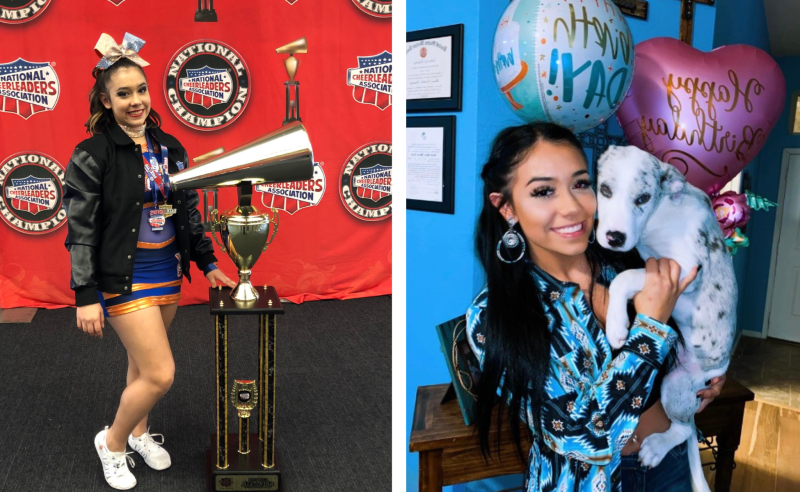
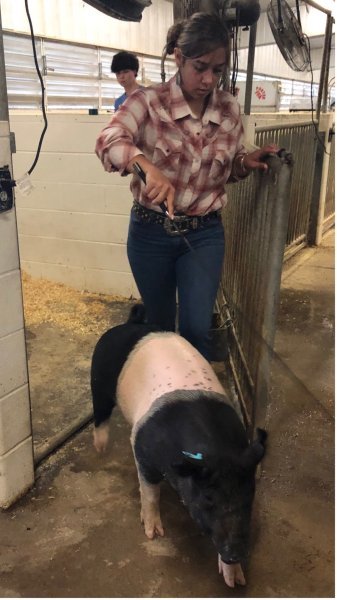
How do you manage stress?
Listen to music, dance and spend time with my family. I will travel on a weekend at a moment's notice just to destress and get out of Houston.
How many cups of coffee do you have in a day?
I have at least two cups of coffee but sometimes three. I’m quite addicted to coffee. My love affair with coffee started my grandma when I was really young and became even stronger during my graduate program. It was the only way to survive late night studying.
Any book or podcast recommendations?
I was given a new book on my birthday by one of my best friends from high school that is just awesome and all about empowering women, it’s called Badass Affirmations by Becca Anderson. It’s a compilation of quotes from successful women all over the world in all different types of careers and industries.
What advice do you have for recent college graduates?
Be humble. Be willing to learn ALL the time. Volunteer for projects that are out of your comfort zone. Don’t bring a problem without a Solution to your manager. And last, but not least, be passionate and love your work. Life is too short to not enjoy your career and personal life.

